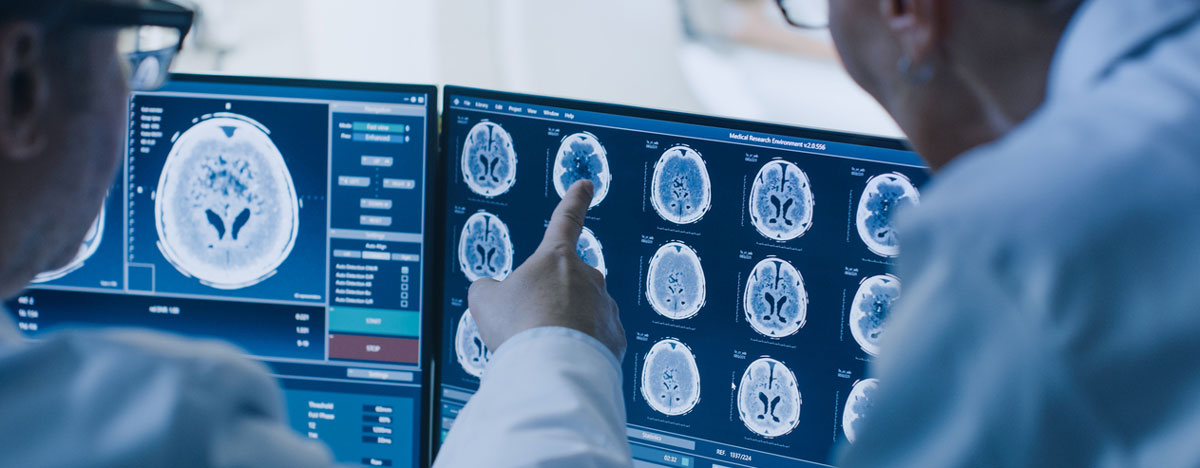Of all the practising doctors in the USA, 30% are of Indian origin. Yet, here in India we only have eight lakh doctors serving a huge population of 1.3 billion. When it comes to radiologists, we only have around 10,000 practising. There is a huge need for radiologists in the private and especially in the public sector. Radiology is the foundation on which disease management is based.
This is where the Bangalore-based startup Alkenist tries to fill the gap. Founded in 2019 by Ashwin Amarapur, it provides AI-based solutions to help make faster scans and accurate analyses. Their scans and analyses help many doctors find answers right away. This leads to better turnaround solutions for every healthcare problem. They also make their offerings affordable for the masses, even charging Rs 100 per scan.
The venture uses cloud software to analyze the scans for the brain, liver, pancreas, etc. for the detection of tumours, bilocular anomaly and more. They have two product offerings. They have Quickscan for MRI scans and Quickdiag for detecting tumours. Quickdiag scans could also detect lung anomalies in Covid-19 patients.
In 2020, Alkenist was nominated as deployment-ready innovation for Covid-19 by the Centre for Cellular and Molecular Platforms (C-CAMP). They became a part of the 13th JioGenNext Basecamp. They have partnered with AWS Activate, NASSCOM, NVIDIA Inception Program and CIIE.CO. They have got datasets from China, the UK, Italy and many other European countries.
The Indian health-tech market is currently valued at $2 billion. With an expected 39% CAGR it will reach $50 billion by 2033. Health-tech platforms like Alkenist are not only expanding India’s economy but are also trying to bridge the lack of trained doctors. Will an innovative startup like Alkenist be able to fill the scarcity of radiologists with their AI solutions?

 Of all the practising doctors in the USA, 30% are of Indian origin. When it comes to radiologists, we only have around 10,000 practising. This is where the Bangalore-based startup Alkenist tries to fill the gap.
Of all the practising doctors in the USA, 30% are of Indian origin. When it comes to radiologists, we only have around 10,000 practising. This is where the Bangalore-based startup Alkenist tries to fill the gap.









.jpeg)



.jpeg)
.jpeg)

.jpeg)


.jpeg)



.jpeg)
.jpeg)
.jpeg)


.jpg)

